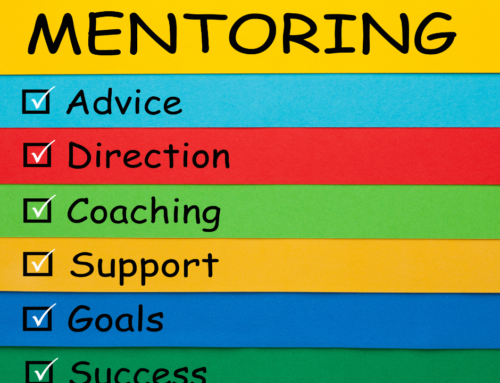The Ripple Effect of Continuous Learning
Effective leaders know the benefits and importance of having a well-trained team. These leaders think long-term and understand that neglecting the training needs of their staff equates to neglecting the needs of a business or organization and its culture. Successful leaders know the value of leading by example and the importance of looking after their own professional development and growth—because it all trickles down.
Whether a CEO, vice president, or manager, carving out the time in an already busy schedule to receive impactful personal and professional training should be considered a mandatory aspect of successful leadership. This means continuously learning, developing, and refining professional skills and developing tools for personal growth.
Continuous Learning Makes a Difference
Professional development essentially means developing professional knowledge and skills through independent, participation-based, or interactive learning. The benefits speak for themselves. Organizational leaders stay up-to-date with the latest trends and acquire new skills to manage their teams, improve performance at work, and boost their professional self-confidence.
Be strategic about refining those team-building skills. Knowing how to create solid, resilient teams is usually not a natural ability we are born with. Leaders must participate in hands-on, focused activities that equip them with the tools to help nurture and motivate employees. Running an organization or department while simultaneously being able and bring out the best qualities in individuals is no walk in the park. Honing and improving your ability to inspire an entire team is a skill you need to refine regularly, if not reassess.






